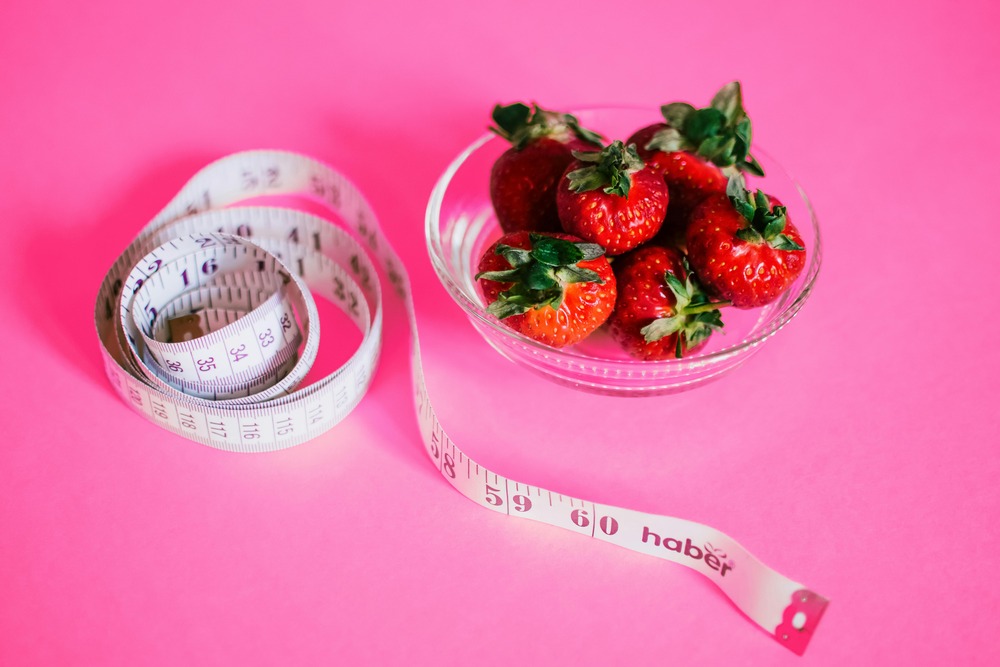Beans, a staple in many diets around the world, are not only delicious but also packed with essential nutrients. They are rich in protein, fiber, vitamins, and minerals, making them a fantastic addition to any meal. However, they come with a notorious side effect: flatulence. So, why do beans make you fart? 🤔
The Science Behind Bean-Induced Flatulence
Beans contain complex carbohydrates and natural sugars known as oligosaccharides, specifically raffinose and stachyose. These sugars are large molecules that our digestive enzymes struggle to break down. As a result, they pass through the small intestine undigested and reach the large intestine, where they encounter a diverse community of over 700 species of bacteria. These bacteria ferment the oligosaccharides, producing gases such as hydrogen, methane, and carbon dioxide. As these gases accumulate, they are eventually expelled from the body as flatulence.
Table 1: Composition of Common Beans
| Type of Bean | Protein (g) | Fiber (g) | Oligosaccharides (g) |
|---|---|---|---|
| Black Beans | 21 | 8.7 | 1.5 |
| Kidney Beans | 24 | 6.4 | 1.2 |
| Pinto Beans | 21 | 9.0 | 1.0 |
| Chickpeas | 19 | 7.6 | 1.3 |
| Lentils | 18 | 7.9 | 0.5 |
Ways to Avoid Gas from Beans
While beans are nutritious, there are several strategies you can employ to minimize their gas-producing effects. Here are some effective methods:
1. Choose Fresh or Dried Beans Instead of Canned Beans
Canned beans often contain added salt and preservatives like bisphenol A (BPA), which can negatively impact your endocrine system. Opting for fresh or dried beans can help reduce gas. Additionally, some beans are naturally lower in oligosaccharides, such as edamame, black-eyed peas, adzuki beans, and baby lima beans.
2. Soak Dried Beans Overnight
Soaking beans for at least eight hours can significantly reduce their oligosaccharide content. This process also decreases phytic acid levels, which can hinder the absorption of vitamins and minerals.
3. Drain and Rinse After Soaking
After soaking, it’s crucial to drain and rinse the beans thoroughly. This step removes starch and phytates that may have leached into the water, making the beans easier to digest.
4. Add Kombu During Cooking
Incorporating seaweed like kombu or kelp into your cooking can enhance the digestibility of beans. These seaweeds contain enzymes that help break down oligosaccharides. Additionally, spices such as fennel, ginger, and cumin can aid digestion.
5. Eat Small Amounts
If you’re new to incorporating beans into your diet, start with small portions. Gradually increasing your intake allows your digestive system to adjust. Some individuals may always find beans challenging to digest, so moderation is key.
6. Chew Thoroughly
Proper chewing is essential for digestion. Thoroughly chewing beans mixes them with saliva, initiating the digestive process and reducing the likelihood of gas formation.
7. Use Probiotics
An imbalance in intestinal flora can contribute to excessive gas. Probiotics can help restore a healthy balance of gut bacteria, promoting better digestion and reducing flatulence.
8. Take Gas-Relieving Supplements
Certain supplements contain enzymes that break down oligosaccharides. Taking these before meals can help minimize gas production by converting oligosaccharides into simpler sugars like sucrose, fructose, and glucose.
Table 2: Common Probiotic Sources
| Probiotic Source | Type of Probiotic | Benefits |
|---|---|---|
| Yogurt | Lactobacillus | Improves gut health |
| Kefir | Lactobacillus | Enhances digestion |
| Sauerkraut | Lactobacillus | Boosts immune function |
| Kimchi | Lactobacillus | Aids in digestion |
| Miso | Lactobacillus | Supports gut flora |
Conclusion
Understanding why beans make you fart can help you enjoy their numerous health benefits without the discomfort of gas. By implementing the strategies outlined above, you can enhance your digestion and absorb more nutrients from these powerhouse legumes. 🌟 So, the next time you wonder, "Why do beans make you fart?" remember that with a few simple adjustments, you can enjoy beans without the unwanted side effects!
Table 3: Summary of Tips to Reduce Gas from Beans
| Tip | Description |
|---|---|
| Choose Fresh/Dried Beans | Avoid canned beans with preservatives |
| Soak Overnight | Reduces oligosaccharides and phytic acid |
| Drain and Rinse | Removes starch and phytates |
| Add Kombu | Enhances digestibility and adds nutrients |
| Eat Small Amounts | Gradually increase intake for better digestion |
| Chew Thoroughly | Mixes beans with saliva for easier digestion |
| Use Probiotics | Restores healthy gut flora |
| Take Gas-Relieving Supplements | Breaks down oligosaccharides before digestion |
By following these tips, you can enjoy the nutritional benefits of beans while minimizing the potential for gas. Happy eating! 🌱✨




